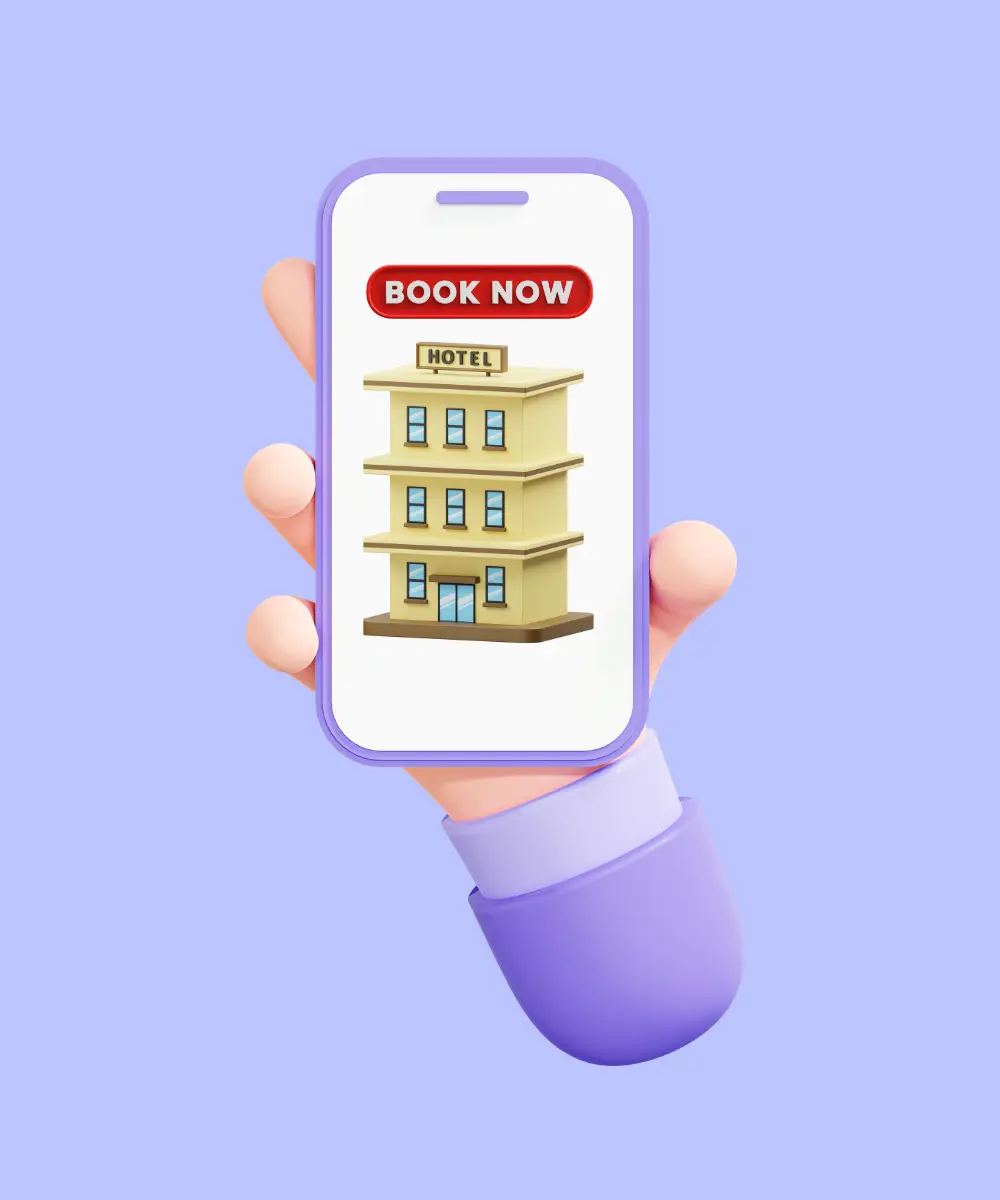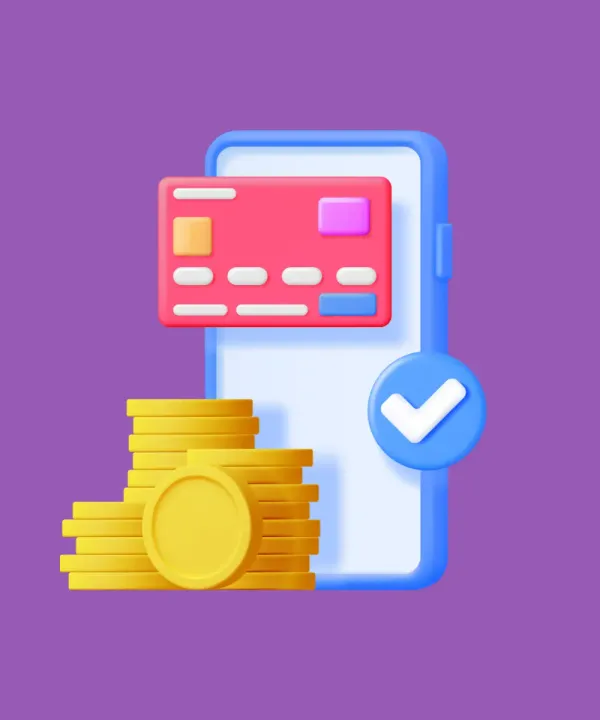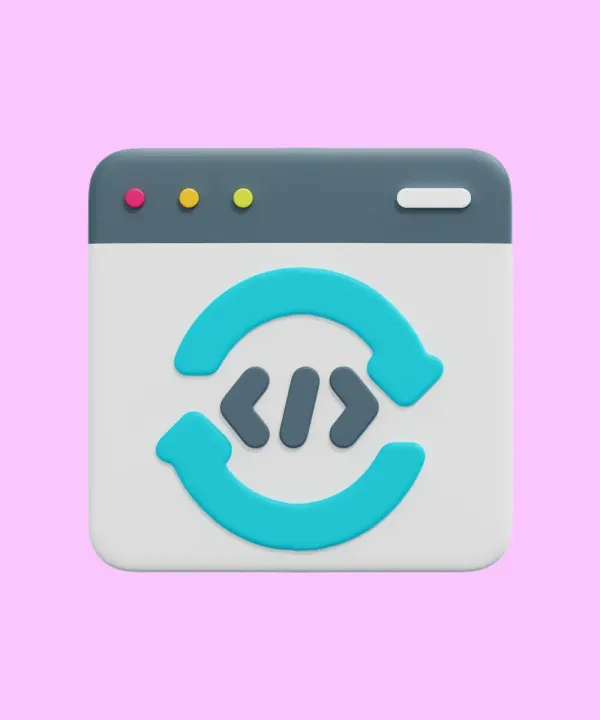Introduction
The hotel booking industry has experienced a profound shift with the advent of mobile applications, offering unparalleled convenience and accessibility to consumers worldwide. With these apps, travelers can quickly find, compare, and book hotels, tapping into deals and reviews right from their phones. It's the convenience of having all your options in one place, ready to book with a few taps.
In What the Flutter, our expertise in app development shines through due to our six years of hands-on experience. Being leading app development company we go beyond the usual trends to craft apps that are smooth, user-friendly, and truly stand out. This article covers the essentials—features, development, and monetization strategies—offering a clear guide for businesses and developers looking to make an impact.
Trends Shaping the Hotel Booking App Development in 2024
- Personalization through AI and ML: Artificial Intelligence (AI) and Machine Learning (ML) are at the forefront of personalizing the user experience. By analyzing user behavior, preferences, and past bookings, hotel booking apps can offer tailored recommendations, making the search process more efficient and the results more relevant. This level of personalization enhances user satisfaction and loyalty, as users feel understood and valued.
- Rise of sustainable travel: Sustainability has become more than just a buzzword; it's a movement. Travelers are increasingly conscious of their environmental impact and seek accommodations that align with their values. Apps that highlight eco-friendly hotels, offer carbon offset options, or promote local tourism contribute to sustainable travel practices, appealing to a growing segment of the market.
- AR and VR experiences: Augmented Reality (AR) and Virtual Reality (VR) technologies are changing how users explore and choose their accommodations. By allowing virtual tours of rooms, hotels, and surrounding areas, these technologies offer an immersive preview of what to expect. This not only aids in decision-making but also enhances the excitement and engagement levels of potential guests.
- Seamless integration with other services: Integration with other travel-related services, such as flights, car rentals, and experiences, provides a one-stop solution for travelers, making the app more valuable and convenient. This holistic approach to travel planning simplifies the user’s journey, from booking a flight to finding the perfect hotel and activities, all within a single app.
- Enhanced mobile payment security: As mobile payments become the norm, ensuring secure and hassle-free transactions is paramount. Advances in payment technology and security protocols are essential for building trust and encouraging app usage. Features like one-tap payments, biometric authentication, and encrypted transactions are becoming standard, offering users peace of mind when booking.
- Instant communication and AI chatbots: The ability to quickly resolve issues, answer questions, and provide recommendations through instant messaging or AI chatbots enhances the user experience. This instant communication capability ensures that users feel supported at every step, from browsing to booking and beyond.
Types of Hotel Booking Apps
The ecosystem of hotel booking apps is diverse, catering to various niches within the travel and hospitality industry. Let's delve deeper into the four primary categories of hotel booking apps:
Aggregator apps
Aggregator apps serve as comprehensive platforms that compile listings from numerous hotels and accommodation providers, allowing users to compare prices, amenities, and availability in one place. These apps often leverage robust search and filter functionalities to help users find the best deals according to their preferences. Key to their success is the vast amount of data they process, offering insights into user behavior, pricing trends, and market demand.
Examples:
- Booking.com: A comprehensive platform that offers a vast array of accommodation options, from hotels to vacation homes. It stands out for its extensive filters, user reviews, and flexible policies.
- Trivago: Specializes in price comparison, aggregating data from various booking sites to help users find the most competitive rates for their accommodations.
Chain hotel apps
Developed by hotel chains, these apps focus on facilitating bookings across their specific properties. They offer a seamless brand experience, from exploring hotel options to managing reservations and accessing loyalty programs. Chain hotel apps often provide exclusive deals, rewards, and personalized services for their users, enhancing customer loyalty and direct bookings.
Examples:
- Marriott Bonvoy: Allows users to book stays across its extensive network of properties, offering features like mobile check-in/out, loyalty point management, and digital room keys.
- Hilton Honors: Provides direct booking benefits, including digital keys, select your own room, and exclusive discounts for members, enhancing the brand loyalty experience.
Boutique hotel apps
Boutique hotel apps cater to a niche market, focusing on unique, often luxury accommodations that offer distinctive experiences. These apps emphasize quality over quantity, showcasing carefully curated collections of boutique hotels that appeal to travelers seeking exclusivity, design, and personalized service. Boutique hotel apps might feature virtual tours, detailed descriptions of the hotel’s design and history, and reviews that highlight the unique aspects of each property.
Examples:
- Mr & Mrs Smith: Features a handpicked selection of boutique hotels, providing detailed descriptions, high-quality images, and reviews to showcase the unique experiences each property offers.
- Tablet Hotels: Known for its curated list of exclusive luxury and boutique hotels, emphasizing a rigorous selection process to include only the most distinctive properties.
Last-minute booking apps
These apps target spontaneous travelers, offering significant discounts on last-minute bookings. They capitalize on unsold inventory, providing benefits for both hotels looking to fill rooms and travelers seeking deals. Features such as geo-location services to find nearby hotels, quick booking processes, and flash sales are common. For developers, the challenge is in creating algorithms that can dynamically adjust offers based on inventory and demand, ensuring that users have access to the best possible deals.
Examples:
- HotelTonight: Offers quick and easy bookings at discounted rates for spontaneous travelers, focusing on quality accommodations and boasting a user-friendly interface.
- Hotwire: Features "Hot Rate" deals that allow users to book hotels at reduced prices without knowing the exact hotel until after the booking, catering to those looking for a mix of adventure and value.
Key Features to Add in Hotel Booking App
A successful hotel booking app must include features that enhance user experience, ensure ease of use, and provide value. Essential features include:
- User-friendly interface and seamless navigation: The user interface (UI) should be intuitive and easy to navigate, enabling users to find what they're looking for without frustration. This includes a clean design, logical flow, and quick access to search and booking functionalities. The app should also be optimized for various devices and screen sizes, ensuring a consistent experience across platforms.
- Advanced search with filters: A comprehensive search functionality with multiple filters is essential. Users should be able to search for hotels based on location, price range, star rating, available amenities (like Wi-Fi, parking, and breakfast options), and more. Including date filters for check-in and check-out, and the ability to sort results by price, rating, or popularity, further enhances the search experience.
- Detailed hotel information and images: For each listing, provide detailed information about the hotel, including a description, amenities, policies (like cancellation policy), and an array of high-quality images. This helps users make informed decisions by getting a clear picture of what to expect from their stay.
- Secure and flexible booking process: The booking process should be straightforward, requiring as few steps as possible. Offer various payment methods (credit/debit cards, PayPal, mobile wallets) and ensure that the payment gateway is secure to protect user information. Additionally, providing options for users to modify or cancel their bookings directly through the app can be a significant value add.
- User reviews and ratings: Incorporate a section for user reviews and ratings for each hotel. This transparency helps users make decisions based on the experiences of others. Offering the ability to filter or sort hotels by reviews and ratings can further assist users in finding their preferred accommodations.
- In-app support and chatbots: Provide in-app support options, such as a FAQ section, live chat, or chatbots, to assist users with any questions or issues they might encounter. Prompt customer service improves the overall user experience and can help resolve problems before they lead to negative reviews.
- Loyalty programs and rewards: Implement loyalty programs or rewards for frequent users, such as discounts, exclusive deals, or points that can be redeemed for free nights. This encourages repeat bookings and fosters user loyalty to your app over competitors.
- Multilingual support: To cater to a global audience, offer multilingual support in your app. This makes your app accessible to users who speak different languages, expanding your market reach and enhancing user satisfaction.
- Push notifications: Use push notifications wisely to inform users about special deals, booking confirmations, check-in reminders, and more. This feature can be a powerful tool for engagement and retention when used sparingly and tailored to the interests of the user.
How To Create a Hotel Booking App?
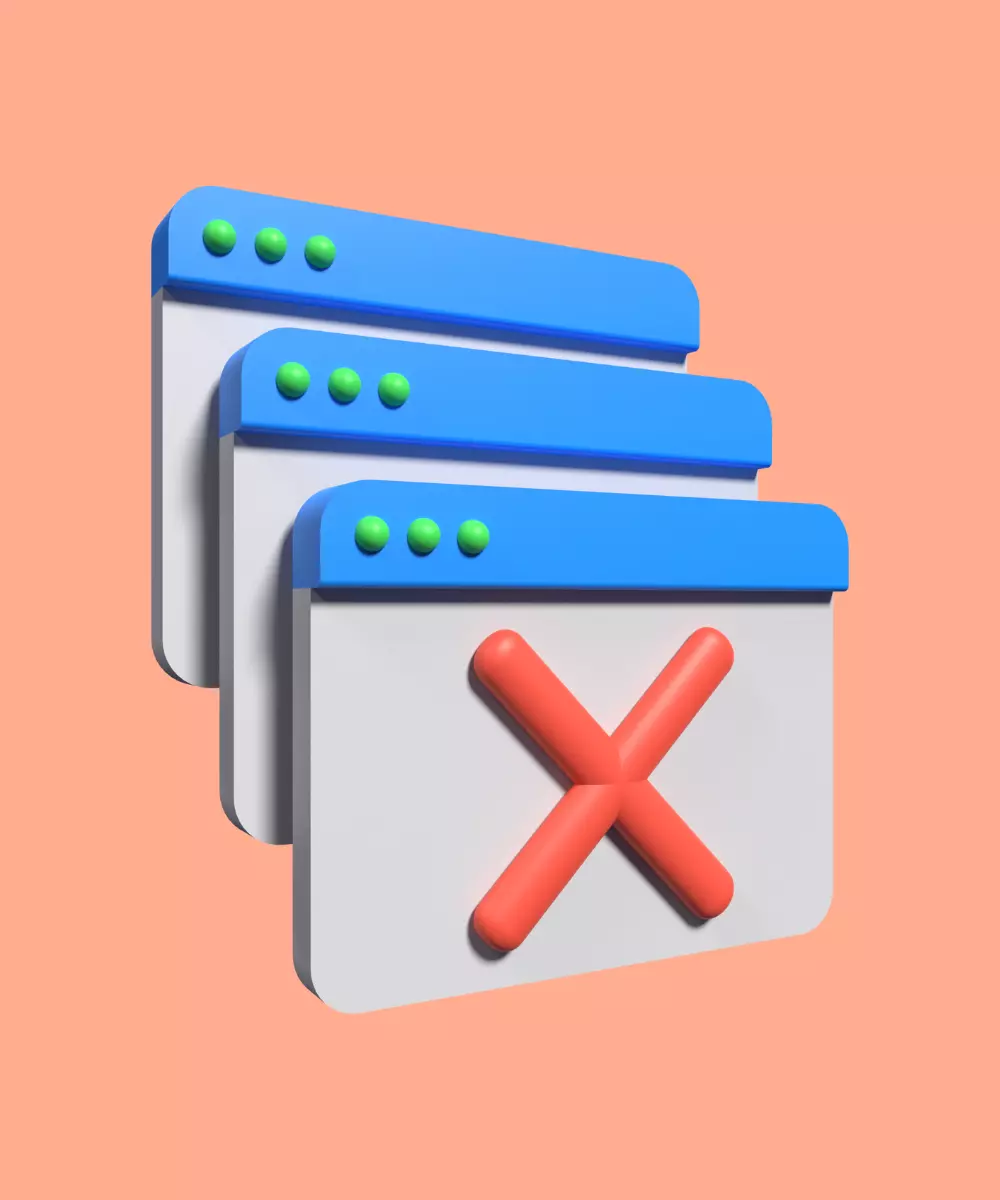
To streamline the development process of a hotel booking app, let’s condense it into five main steps, highlighting key actions within each phase to ensure a focused and efficient approach to bringing your app from concept to launch.
Market research and planning
- Identify target audience: Determine who your users are, including demographics, travel preferences, and technological proficiency.
- Analyze competitors: Study existing hotel booking apps to understand their strengths, weaknesses, and the features they offer.
- Define unique value proposition (UVP): Establish what makes your app stand out from the competition, whether it's unique features, user experience, or pricing.
Designing the UX/UI
- Wireframe creation: Develop wireframes for each screen to outline the app's structure and flow.
- User journey mapping: Chart out the user’s journey from opening the app to completing a booking to ensure a seamless experience.
- UI design: Focus on visual elements, ensuring they align with your brand identity and appeal to your target audience.
Selecting the technology stack
- Front-end and back-end technologies: Choose technologies that align with your app’s requirements for performance and scalability, such as Flutter for cross-platform development.
- Database management: Opt for a robust database management system that can handle your app's data storage and retrieval needs efficiently.
- APIs and integrations: Identify necessary integrations, such as payment gateways and hotel management systems, to ensure smooth operations.
Development and testing
- Agile methodology: Implement an agile development process, allowing for flexibility and continuous improvement through iterative releases.
- Quality assurance (QA): Conduct thorough testing, including functional, performance, and security tests, to ensure the app is reliable and user-friendly.
- User feedback: Incorporate feedback from beta testers or early users to refine and improve the app before the official launch.
Launch and post-launch activities
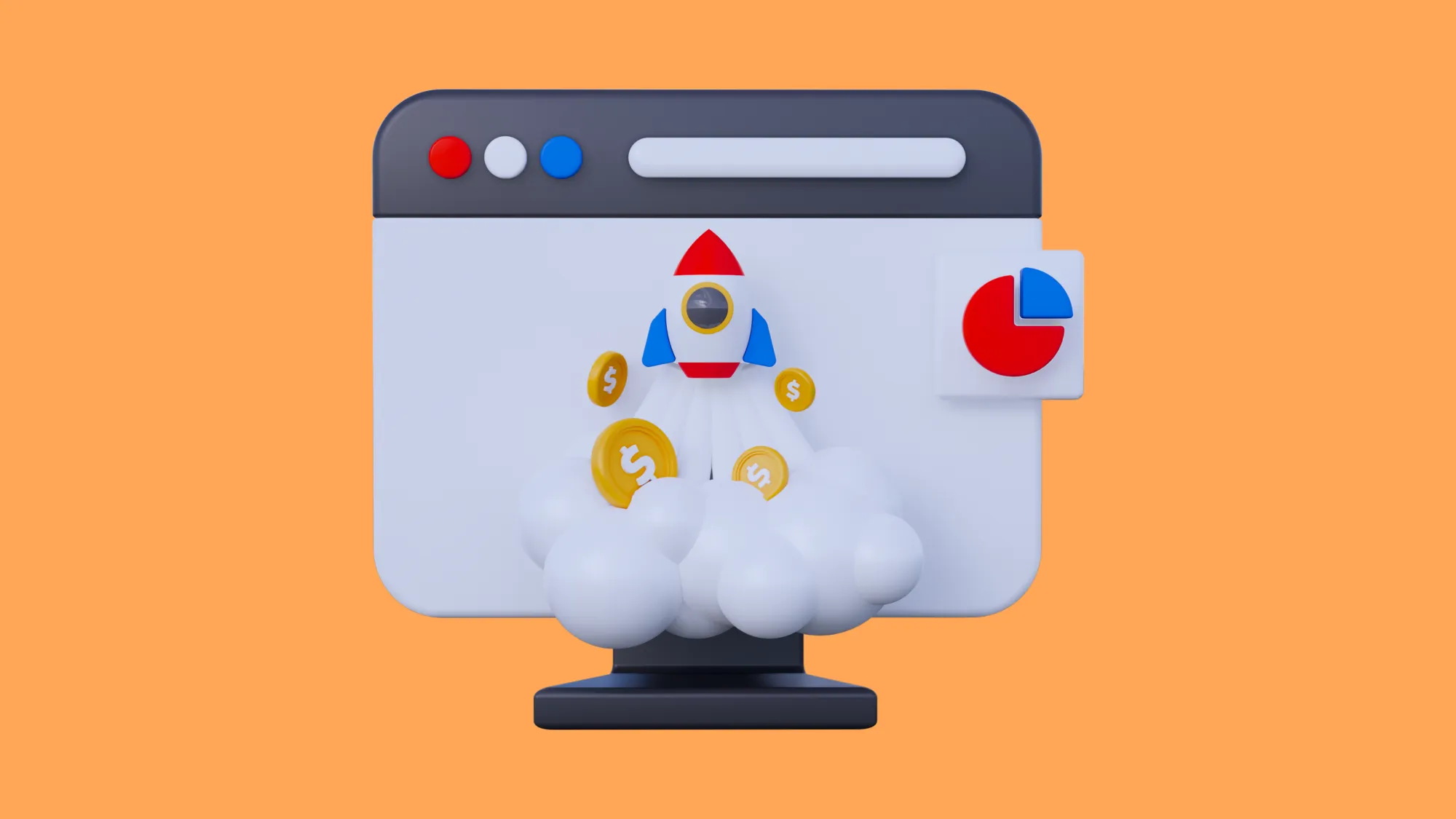
- App store optimization (ASO): Optimize your app’s listing with relevant keywords, compelling descriptions, and high-quality screenshots to improve visibility.
- Marketing campaign: Develop a marketing strategy to promote your app through social media, content marketing, and partnership with travel influencers.
- Ongoing maintenance and updates: Regularly update the app based on user feedback and market trends to enhance functionality and address any issues.
Monetization Strategies for Hotel Booking App
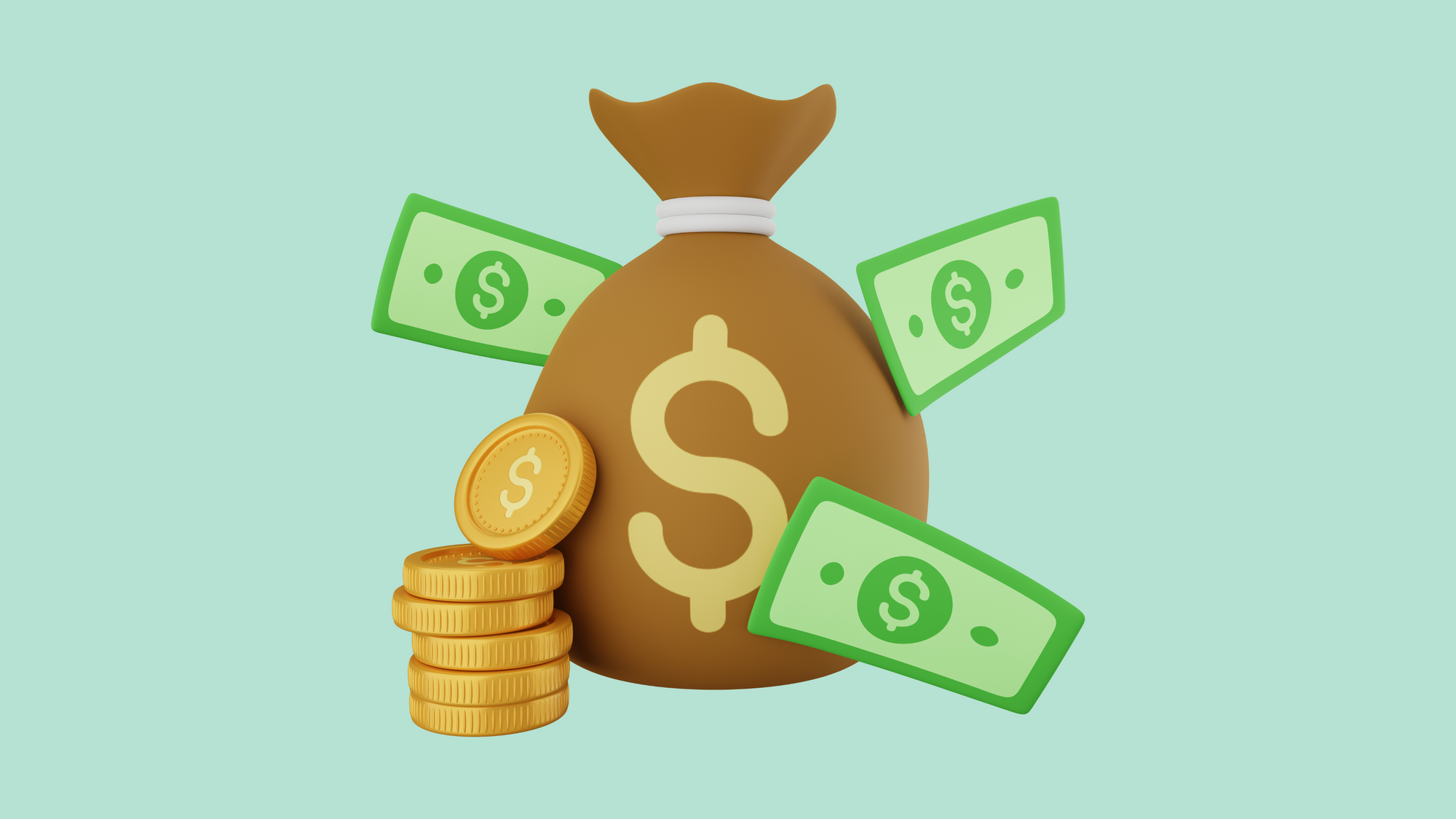
Monetizing a hotel booking app is crucial for its sustainability and growth. Here are several strategies to generate revenue:
Commission on bookings
- Partner with hotels: Negotiate commission rates for bookings made through your app. This rate can vary depending on the hotel's size, location, and agreement terms.
- Transparent UX: Ensure users are aware that booking through your app supports your business, without adding extra costs to their bookings.
- Volume is key: Focus on increasing the number of bookings to maximize revenue from commissions, which might involve expanding your hotel network and improving booking conversion rates.
Featured listings and ads
- Paid promotions: Offer hotels and related businesses the opportunity to feature their listings for increased visibility.
- Targeted advertising: Use user data to display relevant ads, enhancing the user experience while providing value to advertisers.
- Balance content and ads: Ensure that ads and featured listings do not overwhelm the user interface or detract from the overall user experience.
In-app purchases and upgrades
- Premium features: Offer additional features, such as flexible cancellation, late check-out options, or exclusive deals, for a one-time fee or subscription.
- Value proposition: Clearly communicate the benefits of these premium features to encourage users to upgrade.
- Easy payment integration: Provide a seamless payment experience within the app to facilitate in-app purchases.
Subscription model
- Membership benefits: Create a subscription plan that offers exclusive benefits, such as special rates, reward points, or early access to deals.
- Tiered options: Offer different subscription levels to cater to varying user needs and budgets.
- Free trial: Consider offering a free trial period to let users experience the benefits before committing to a subscription.
Affiliate marketing
- Partner with travel services: Collaborate with airlines, car rental services, and event organizers to offer bundled deals.
- Commission-based revenue: Earn a commission for referrals to partner services made through your app.
- Integrated experience: Ensure that these offers are integrated naturally into the user journey, providing value without disrupting the booking process.
How Much Does It Cost to Create Hotel Booking App?
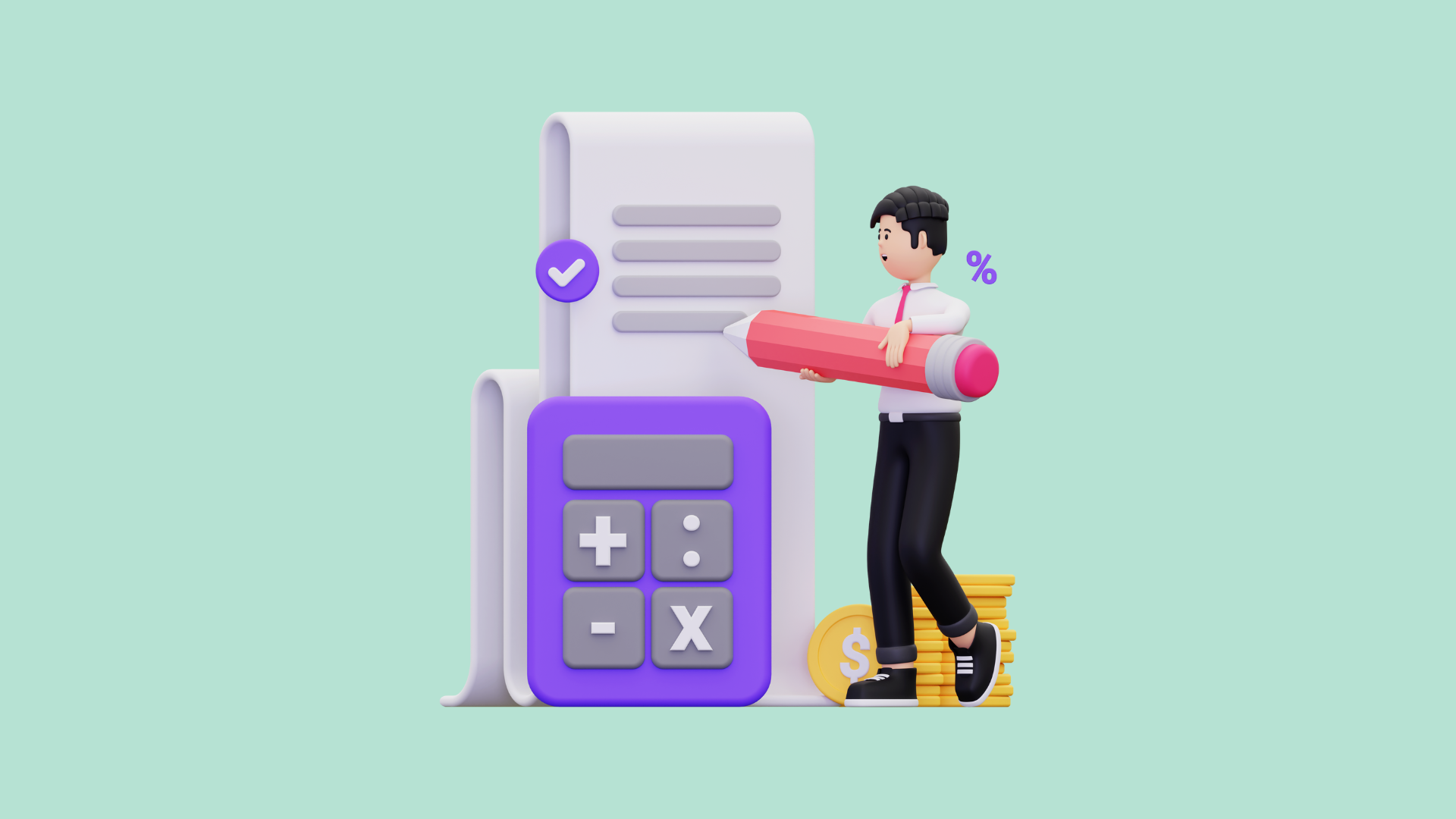
The cost of developing a hotel booking app can significantly vary depending on its complexity, features, and the development approach taken. Breaking down the cost estimation by app size—small, medium, and large—provides a clearer picture of potential budget, timeline, and feature set considerations.
Small apps
Budget: $10,000 - $20,000.
Timeline: 1-3 months.
Features:
- Basic UX/UI design: Utilizing pre-designed templates and simple, intuitive navigation.
- Limited hotel listings: Support for a modest number of hotel listings with basic details like name, location, and photos.
- Search and filter functionality: Basic search capabilities with filters for location, availability, and room type.
- Booking system: Integration of a simple booking system without real-time updates or synchronization with hotel management systems.
- User registration and profile management: Basic user profile creation and management without social media integration.
This version is suitable for startups and small businesses looking to enter the market with a minimal viable product (MVP) to test their concept.
Medium apps
Budget: $20,000 - $40,000.
Timeline: 3-6 months.
Features:
- Custom UX/UI design: Tailored design elements and user experience improvements to enhance engagement.
- Expanded hotel listings: Increased capacity for hotel listings, complete with detailed descriptions, amenities, high-quality images, and user reviews.
- Advanced search and filters: Enhanced search functionality with multiple filter options, including price range, ratings, and specific amenities.
- Dynamic booking system: Real-time booking and availability checks, with integration into hotel management systems for up-to-date information.
- Payment gateway integration: Secure payment processing with support for multiple payment methods and currencies.
- Ratings and reviews: Allowing users to rate their stay and leave reviews, with moderation tools in place.
This app complexity is aimed at businesses ready to make a significant impact in the market with a comprehensive set of features that cater to a wider audience.
Large apps
Budget: $40,000 - $80,000+.
Timeline: 6-9+ months.
Features:
- Highly customized UX/UI design: Innovative and interactive design elements, personalized user experiences based on behavior and preferences.
- Extensive hotel listings with advanced features: Support for an extensive number of listings, virtual tours using AR/VR, and interactive maps.
- Personalized UX: AI-driven recommendations, personalized greetings, and customizable travel itineraries.
- Sophisticated booking and reservation management: Advanced functionalities like booking modifications, cancellations, and loyalty program integrations.
- Multi-language and currency support: Catering to a global audience with support for various languages and currencies.
- Integration with third-party services: Partnerships with travel services for flights, car rentals, and activities, creating a comprehensive travel planning tool.
- Advanced security features: Implementation of biometric authentication, data encryption, and compliance with international security standards.
Large-scale apps are designed for established businesses looking to dominate the market with a premium app that offers unparalleled functionality and user experience.
Conclusion
Developing a hotel booking app offers a unique opportunity to tap into the thriving travel and tourism industry. By focusing on emerging trends, essential features, a user-centric design, and effective monetization strategies, businesses can create a successful app that stands out in the competitive market.
If you're looking to develop a hotel booking app, consider partnering with What the Flutter, a leading Flutter app development agency. Our expertise in cutting-edge technology and user-centric design can help you transform your vision into reality. Contact us today to embark on your app development journey and capture the vast opportunities in the hotel booking app market.

